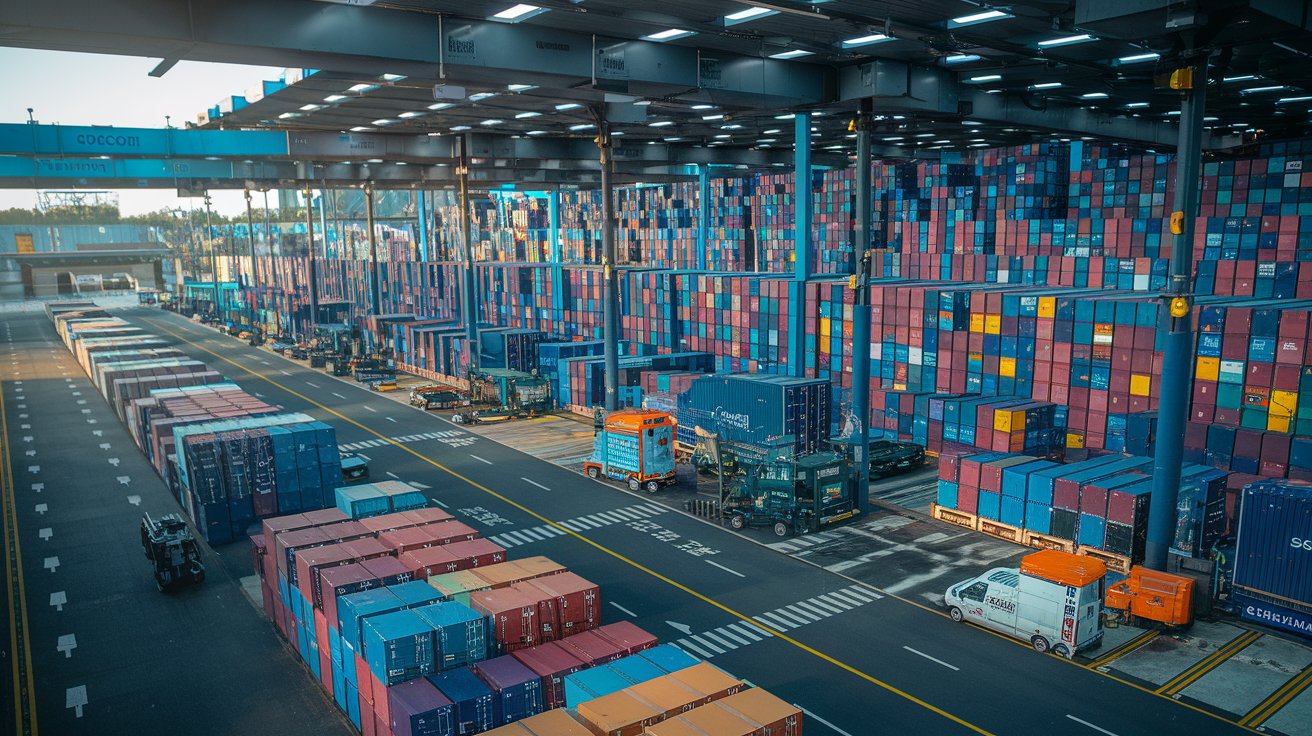Trump Pauses De Minimis Repeal Amid Customs Backlog
In a significant move affecting international trade and e-commerce, Trump Pauses De Minimis Repeal Amid Customs Backlog due to overwhelming backlogs at U.S. customs. The de minimis rule permits low-value shipments, typically under $800, to enter the United States without incurring duties or extensive customs procedures. This exemption has been instrumental for e-commerce platforms like Shein and Temu, allowing them to offer competitively priced products to U.S. consumers.
Background on the De Minimis Exemption

The de minimis exemption, established to facilitate trade by simplifying customs procedures for low-value goods, has seen increased utilization with the rise of global e-commerce. By shipping products directly to U.S. consumers in low-value packages, companies have minimized costs and offered attractive prices. However, concerns have been raised about potential exploitation of this exemption, leading to discussions about its repeal.
Challenges Leading to the Pause
The initial move to eliminate the de minimis exemption was part of a broader strategy to impose a 10% tariff on Chinese imports and address concerns over the influx of small packages that might bypass standard customs scrutiny. However, the abrupt implementation led to significant operational challenges. Customs officials and postal services faced overwhelming backlogs, with reports indicating that over a million packages accumulated at New York’s John F. Kennedy International Airport alone.
Impact on E-Commerce Platforms

The de minimis exemption has been a cornerstone for many foreign e-commerce platforms, particularly those based in China. By shipping products directly to U.S. consumers in low-value packages, companies like Shein and Temu have been able to minimize costs and offer attractive prices. The potential removal of this exemption poses challenges for these retailers, potentially leading to increased costs and longer delivery times for consumers.
Industry Response and Adaptation
Industry experts suggest that while the removal of the de minimis exemption could disrupt current business models, many companies have been preparing for such changes. Strategies include increasing U.S.-based order fulfillment and partnering with local vendors to mitigate potential impacts. Nevertheless, consumers might experience higher prices and longer shipping times as companies adjust to the new regulations.
Conclusion
The temporary pause on the de minimis repeal provides a window for stakeholders to adapt and develop strategies to navigate the evolving trade landscape. As the situation unfolds, businesses and consumers alike will need to stay informed and flexible to manage the potential changes in international e-commerce dynamics. [USnewsSphere.com/ Reuters]





